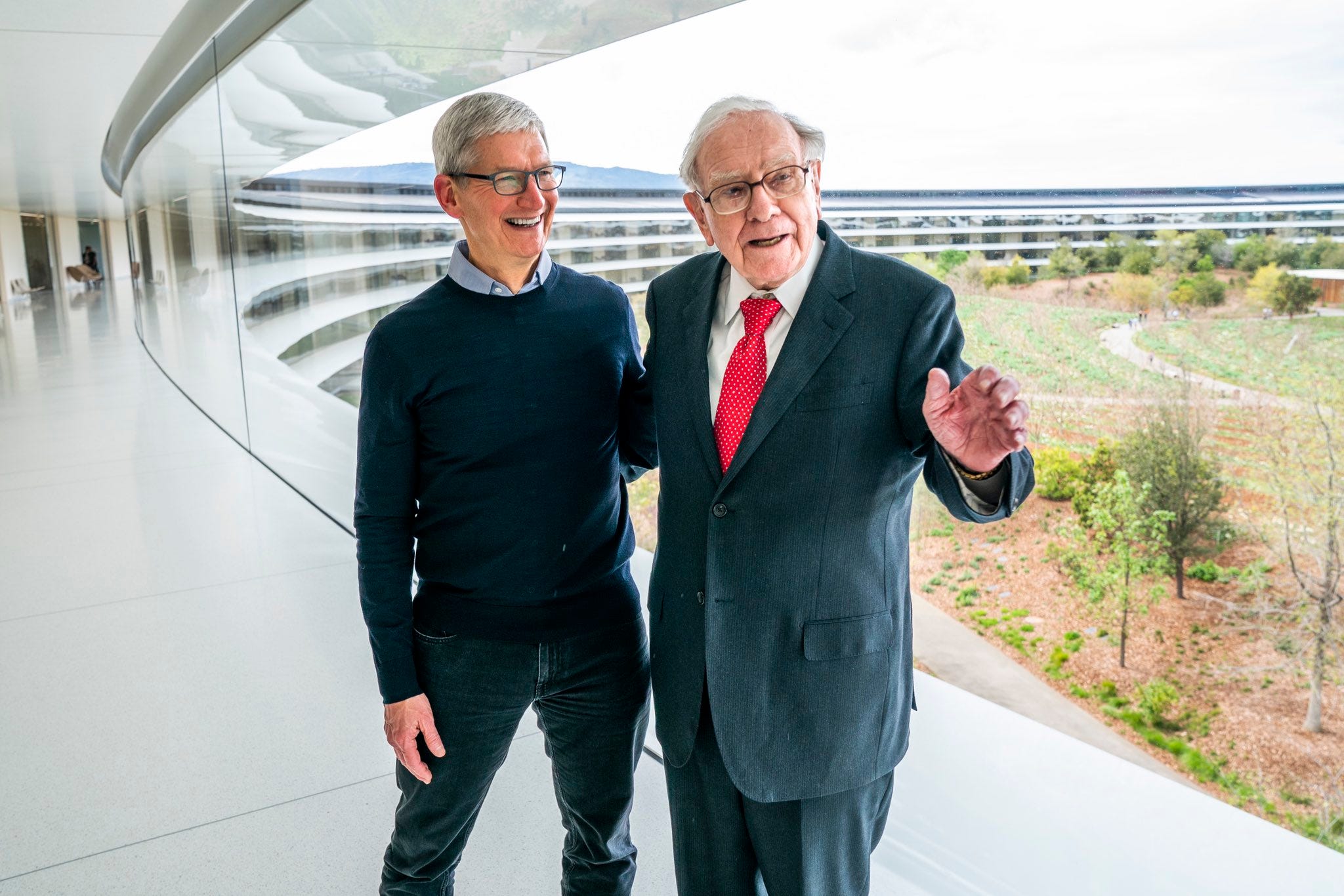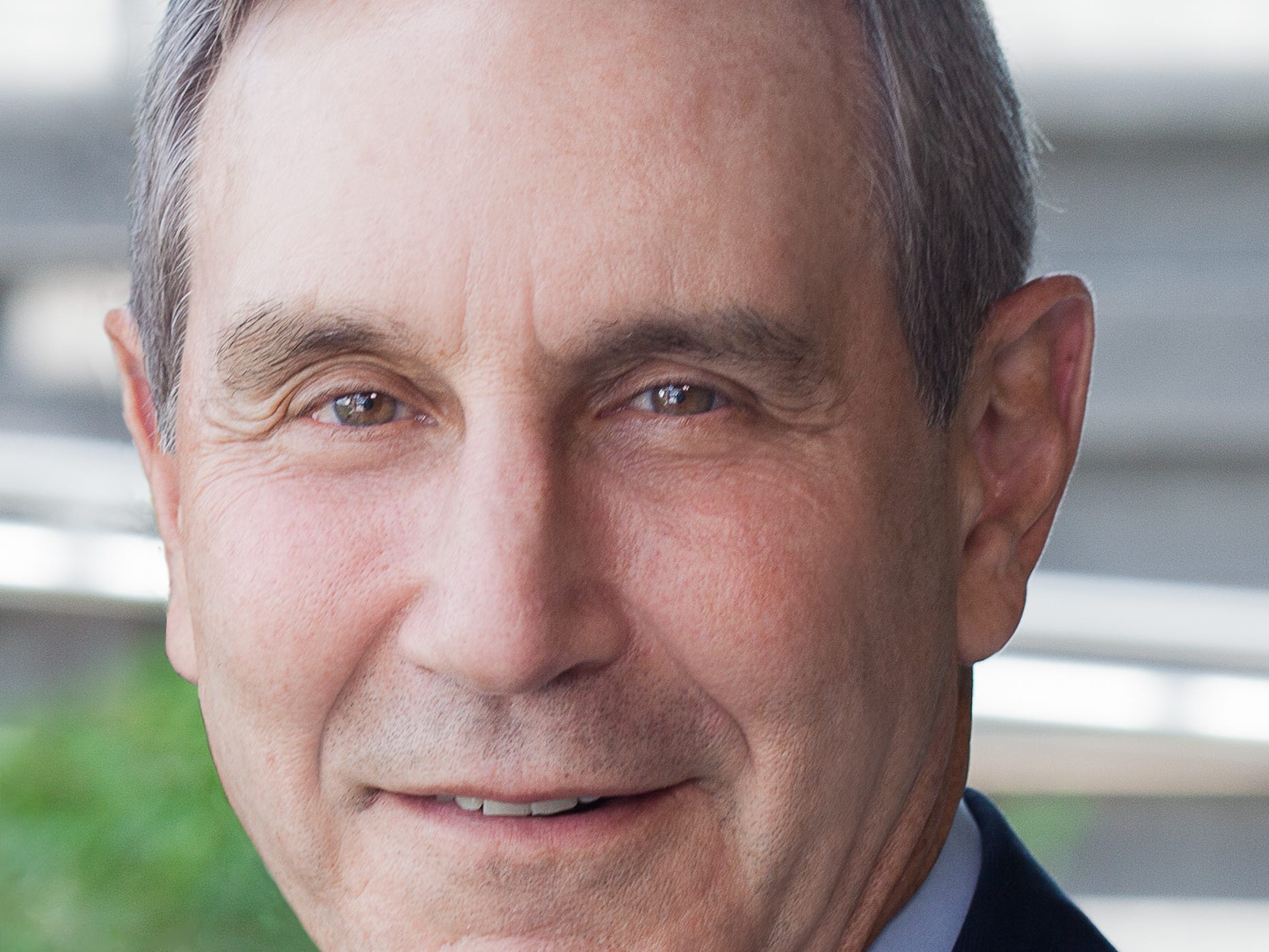
- PR giant Edelman publishes an annual global survey that asks people whom they trust most.
- For a second year in a row, most people placed their trust in CEOs, the 2022 report said.
- Richard Edelman, the CEO of Edelman, spoke with Insider on the changing role of the CEO.
The climate crisis. Economic inequality. Racial injustice. In previous years, people turned to government leaders or nonprofit heads to solve these large societal problems. Now, they're banking on CEOs to lead the way.
That's according to the latest installment of the Edelman Trust Barometer, a highly cited annual survey of 36,000 people on their views of world leaders. Trust in government leaders and journalists declined over the past year, with about 66% of people thinking they're being lied to by these groups, said the report, which was published on Tuesday.
At the same time, people said they trusted CEOs and the business community more than they did their elected officials, nonprofit leaders, or journalists. It's the second consecutive year of this trend. People see their own employer as the most trusted source of information and the business community as the most competent global actor, the report found.
"There's this death grip between media and government, a kind of division politics, the politicization of information, chasing clicks," Richard Edelman, Edelman's CEO, told Insider. "It's got to stop."
People feel trapped in a haze of misinformation and political rhetoric, the business leader explained. And CEOs are their way out.
"There's never been a more important time for business to lead, to step in to fill the void," Edelman said. "Business needs to make societal issues a core part of business strategy."
CEOs who don't embrace their new role may be left behind
In the years ahead, Edelman said, the most successful CEOs would embrace their new role as problem solvers to the world's most pressing issues, such as the climate crisis, job loss resulting from automation, and racial inequity. He pointed to the 2022 report's findings that link championing social issues with higher employee and consumer loyalty.

Almost 60% of consumers shop with brands based on their beliefs about the company (such as whether the company is beneficial or detrimental to society and/or the environment) versus such factors as the price of their products, the report found. And about the same percentage of workers, 60%, said they chose their workplace based on the values that leadership exhibited.
"If I want to attract you to work at a business, I have to attract you based on values. And if I want to attract customers, I have to realize that they have to see our brand standing for something. The business-model benefit is clear," Edelman said.
But there are limits to CEO activism. Edelman said business leaders should stick to issues that related to their business and leadership values, such as the economy, worker diversity, and sustainability.
"People want CEOs to act on policy, not politics," he said. "It's important not to overreach."
Corporate leaders need to do more than throw money at issues
The past two years saw record investments from CEOs in addressing societal problems. JPMorgan committed $30 billion to address racial equity. Jeff Bezos, Amazon's CEO at the time, pledged $10 billion to abate the climate crisis. Twitter's Jack Dorsey committed $1 billion to help with pandemic relief funds.
But the Edelman report found that respondents believed CEOs needed to do more to improve the world. People said they expected business executives to help reduce economic inequality, improve diversity and inclusion, and bolster the country's education and healthcare systems. The report found that 60% of people said when considering a job, they expected the CEO to speak publicly about controversial social and political issues that they cared about.
"I think financial pledges are a good first step," Edelman said. "But our respondents are clearly saying, 'We want action, and we want tangible progress. We want to see the numbers of diverse people in management rising. We want to see that you actually are cutting your emissions.'"
His top advice to CEOs now? "Act first. Talk later."


